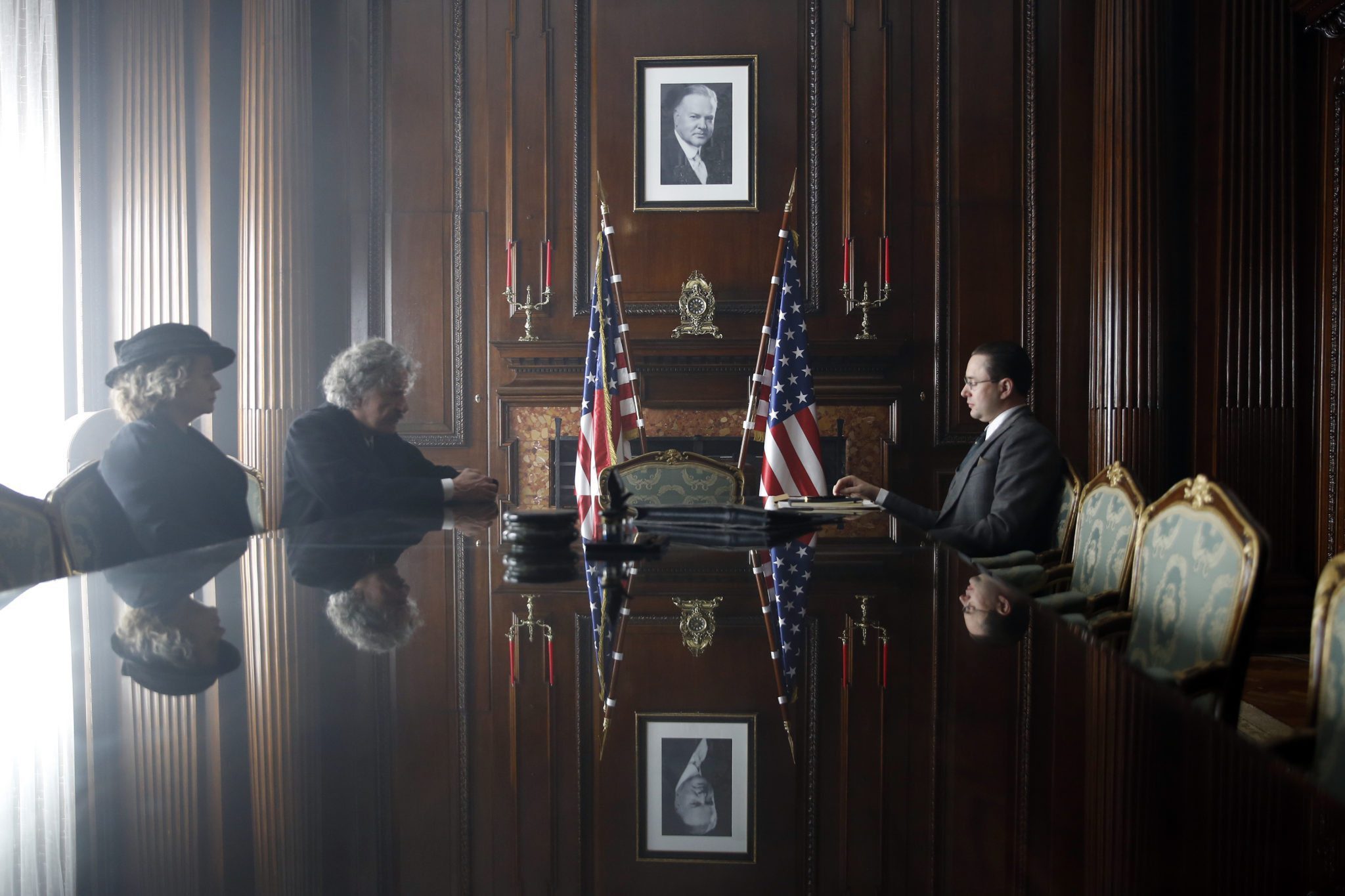
Genius Ep. 8 – Doing the Right Thing
We return to a question posed in the first episode: will Albert and Elsa Einstein get their visas approved to the US?

We return to a question posed in the first episode: will Albert and Elsa Einstein get their visas approved to the US?
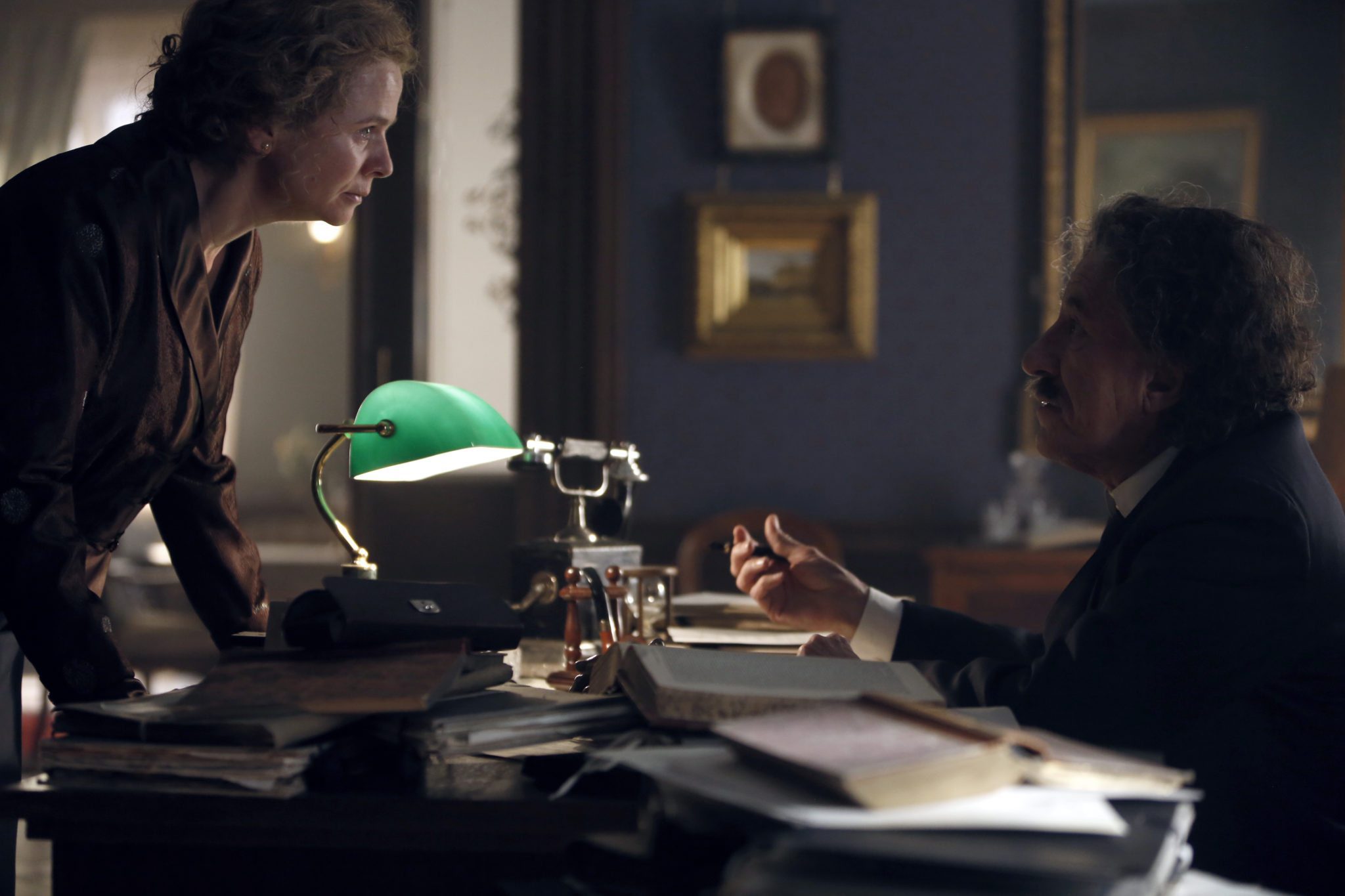
Sin can only be hidden for so long, but it will eventually be exposed. Episode 7 makes this fact crystal clear.
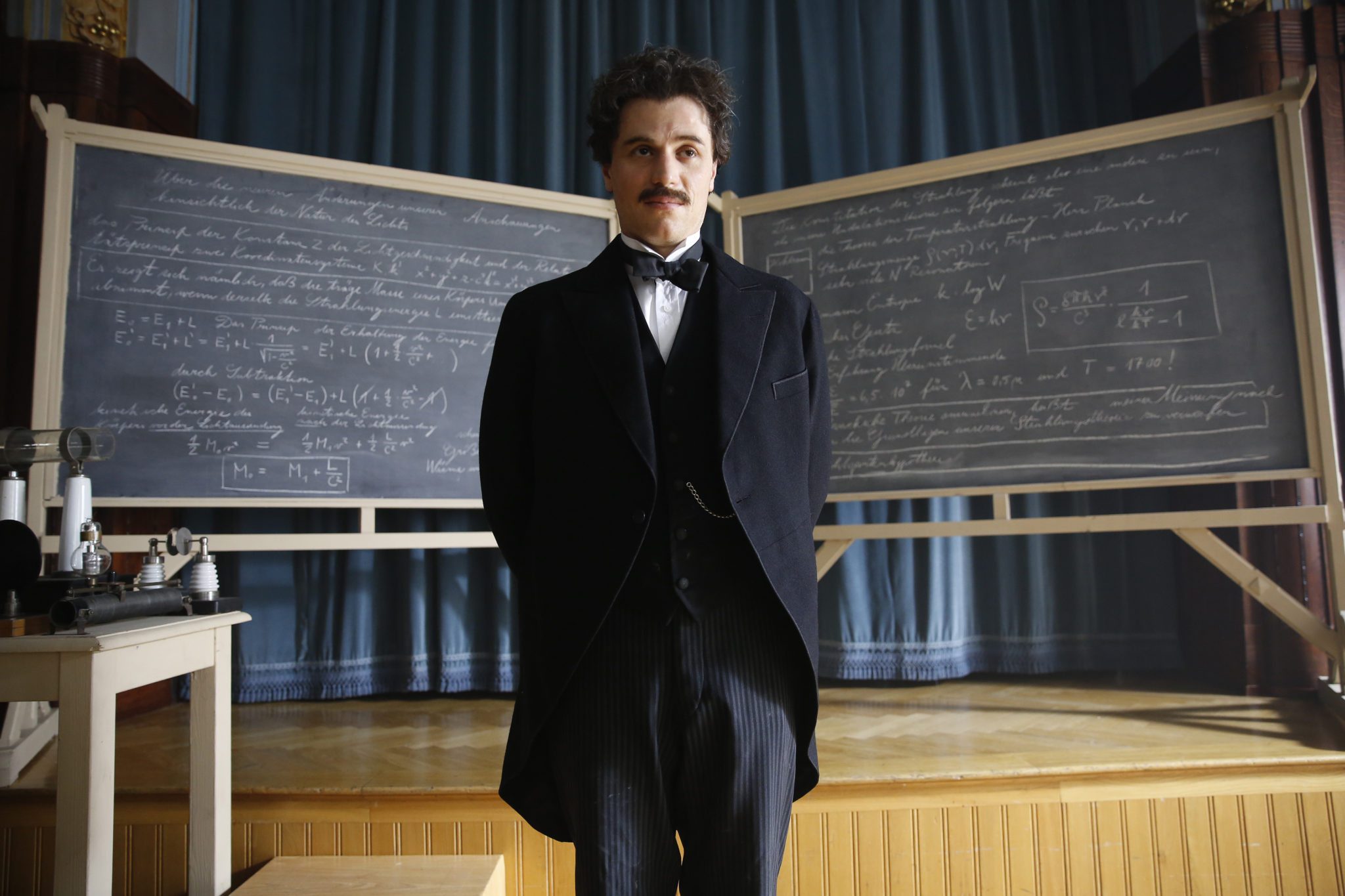
?Of all the mysteries for me, people are the hardest to fathom.?
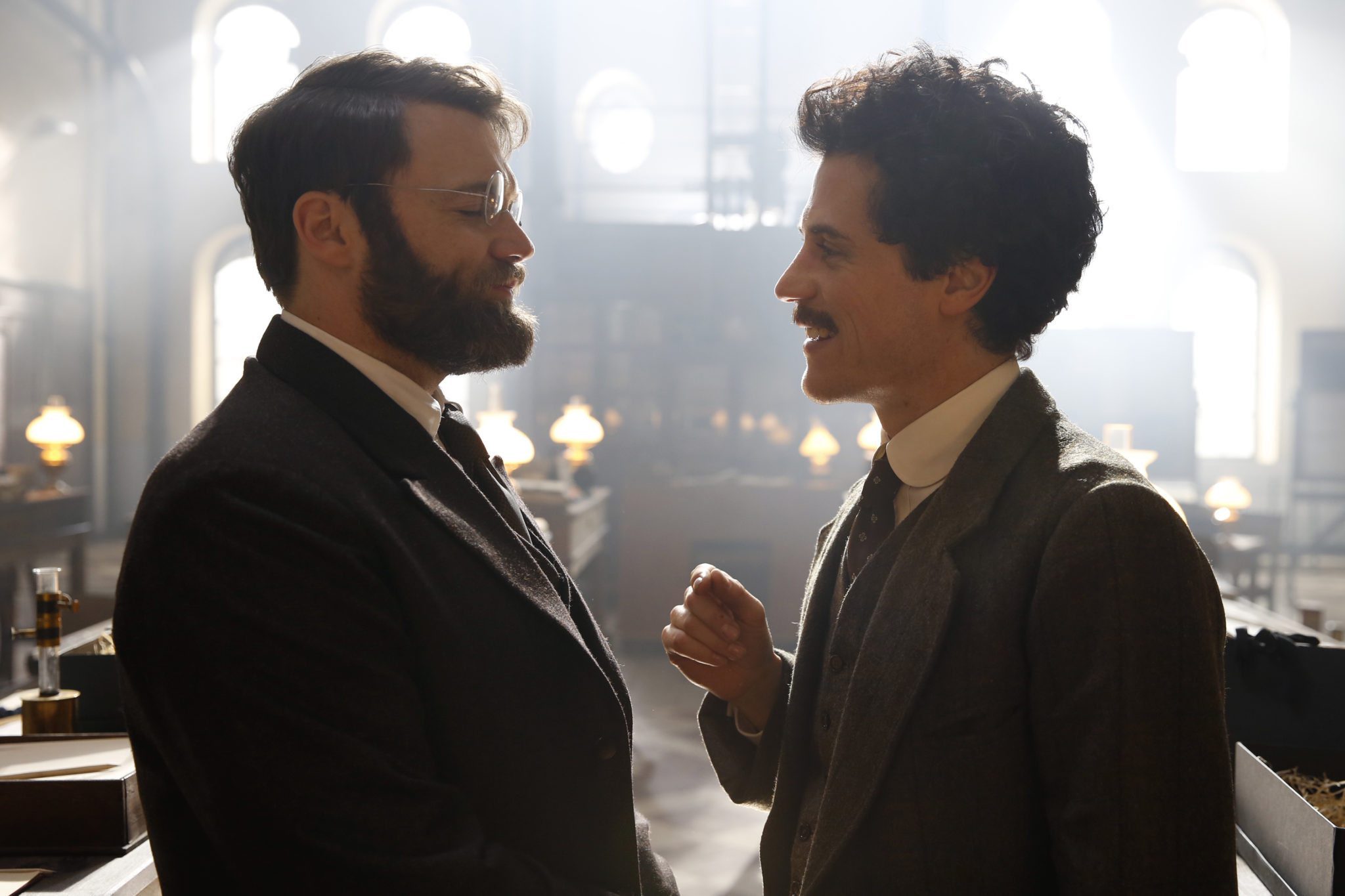
It seems Einstein?s head is occupied with other things while at the patent office–things that could change the world.
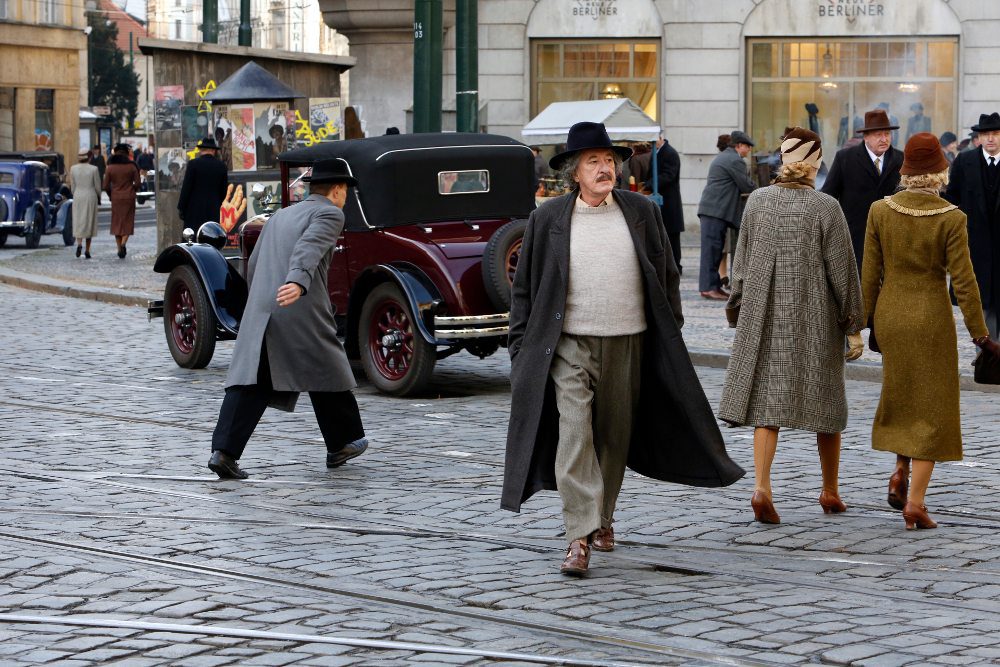
In the opening episode, broad strokes are painted as Howard intersperses the younger and elder versions of Einstein. The younger Einstein is a daydreaming free thinker; the elder is wiser yet stubborn.